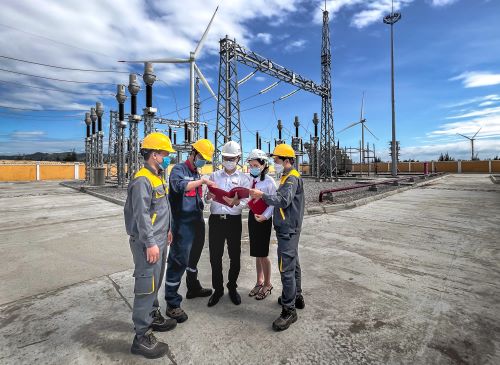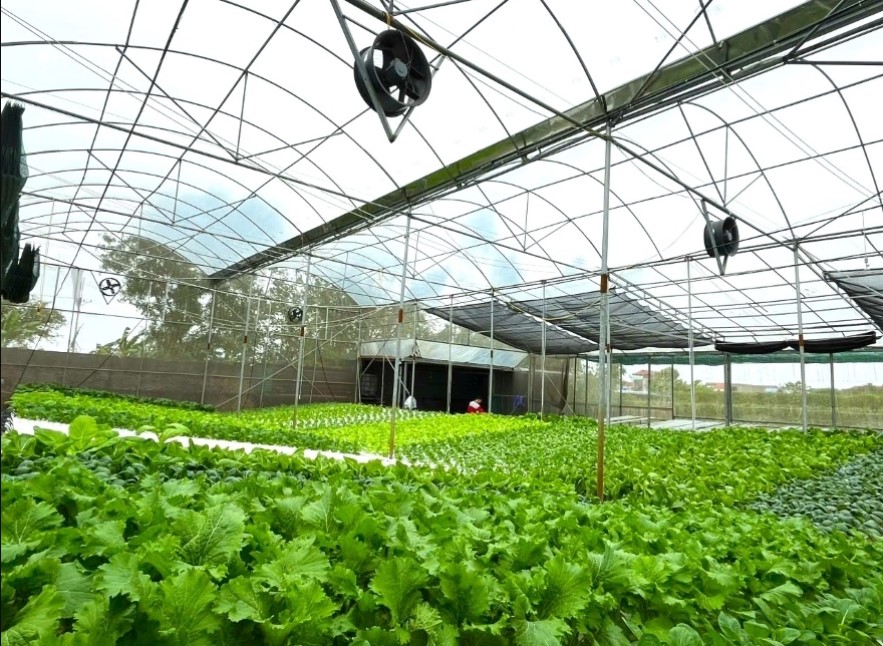Agribank recently released its "List of Restricted and Excluded Industries for Environmental and Social Lending," aiming to steer its lending towards green and sustainable practices.
The list excludes industries such as the production and trade of illegal products; cross-border trade of hazardous waste; weapons manufacturing; destruction of nature reserves; and cross-border trade of hazardous waste. Agribank affirms its commitment to withholding funding from sectors posing significant environmental and social risks.
Industries facing lending restrictions include ship dismantling, production and trade of radioactive materials, casinos, and raw asbestos. Agribank will carefully assess these cases, providing conditional funding based on stringent environmental and social standards.
This announcement follows the Prime Minister's Decision 21 issued on 4/7/2025, defining environmental criteria and certifying green investment projects. This decision provides a legal framework for a sustainable finance ecosystem in Vietnam, facilitating green loans, green bonds, and other instruments supporting environmentally friendly investments.
Under these regulations, renewable energy, green transportation, waste management, and sustainable agriculture projects meeting environmental criteria will receive preferential capital and credit access. Agribank's list of restricted and excluded industries complements the government's initiative, establishing a clear filter for green credit flows.
 |
Agribank staff advise on credit for a wind power plant. Photo: Agribank |
Agribank staff advise on credit for a wind power plant. Photo: Agribank
In addition to policy implementation, Agribank is also rolling out large-scale green credit packages, including: a 30,000 billion VND package for key industries and green sectors; a 50,000 billion VND package for high-tech and clean agriculture; and a dedicated 10,000 billion VND package for preferential green loans to individual customers.
Projects that have benefited from Agribank's green financing include solar power plants in Thua Thien Hue and Khanh Hoa; a small-scale wind power project in Binh Thuan; and a low-emission rice production chain in the Mekong Delta.
In rural areas, Agribank is also financing new rural development programs linked to environmental protection, providing capital for households to invest in wastewater treatment systems, household waste treatment, organic livestock farming, and circular-organic agriculture.
 |
A clean, high-tech agriculture model in Hanoi funded by Agribank. Photo: Agribank |
A clean, high-tech agriculture model in Hanoi funded by Agribank. Photo: Agribank
An Agribank representative stated that the list not only helps manage credit risks but also demonstrates the bank's commitment to sustainable development.
As a leading bank in agriculture and rural development, Agribank directs capital towards environmentally friendly sectors, supporting clean, safe production, and climate change adaptation. This contributes to the goals outlined in the National Green Growth Strategy for 2021-2030, with a vision to 2050.
In the long term, Agribank will expand its green credit scale, improve its environmental and social risk management (ESG) framework, and collaborate with domestic and international partners to diversify sustainable financial products, promote responsible business models, and enhance community living standards.
(Source: Agribank)












